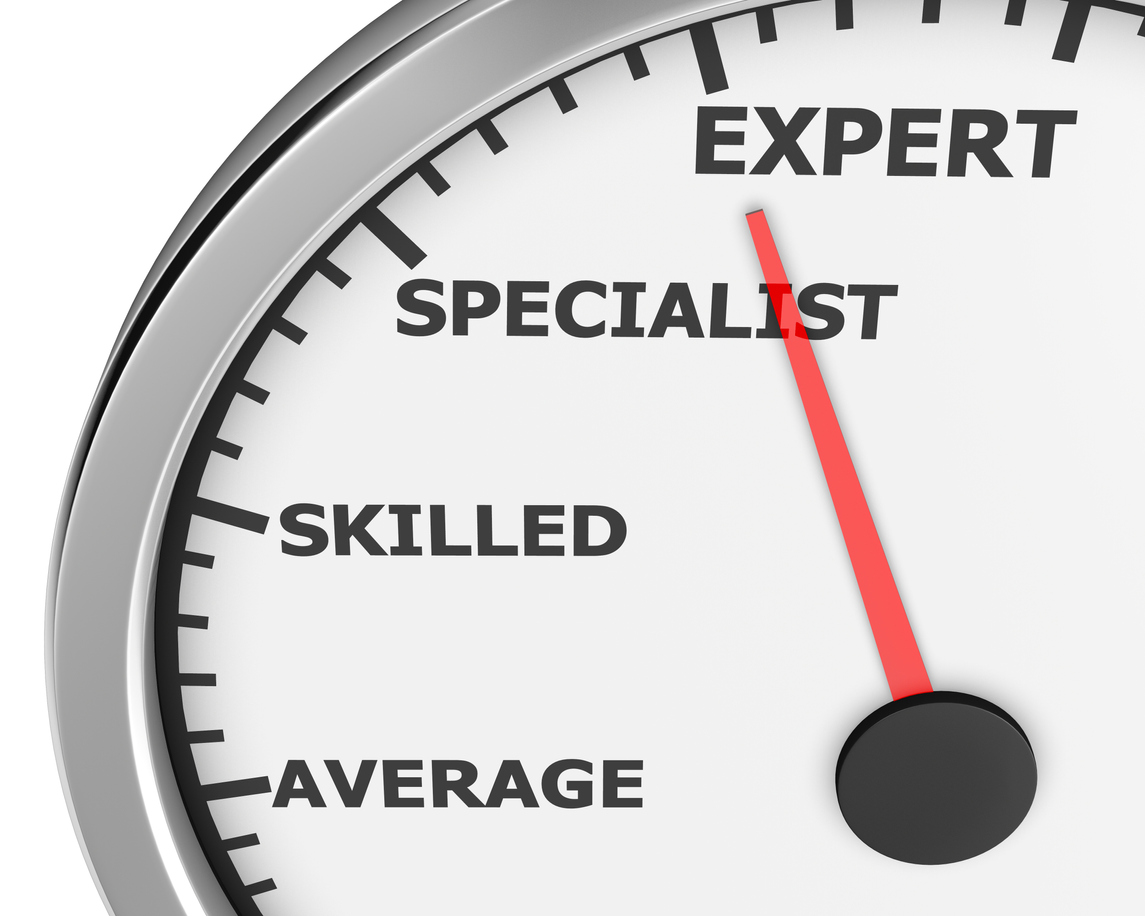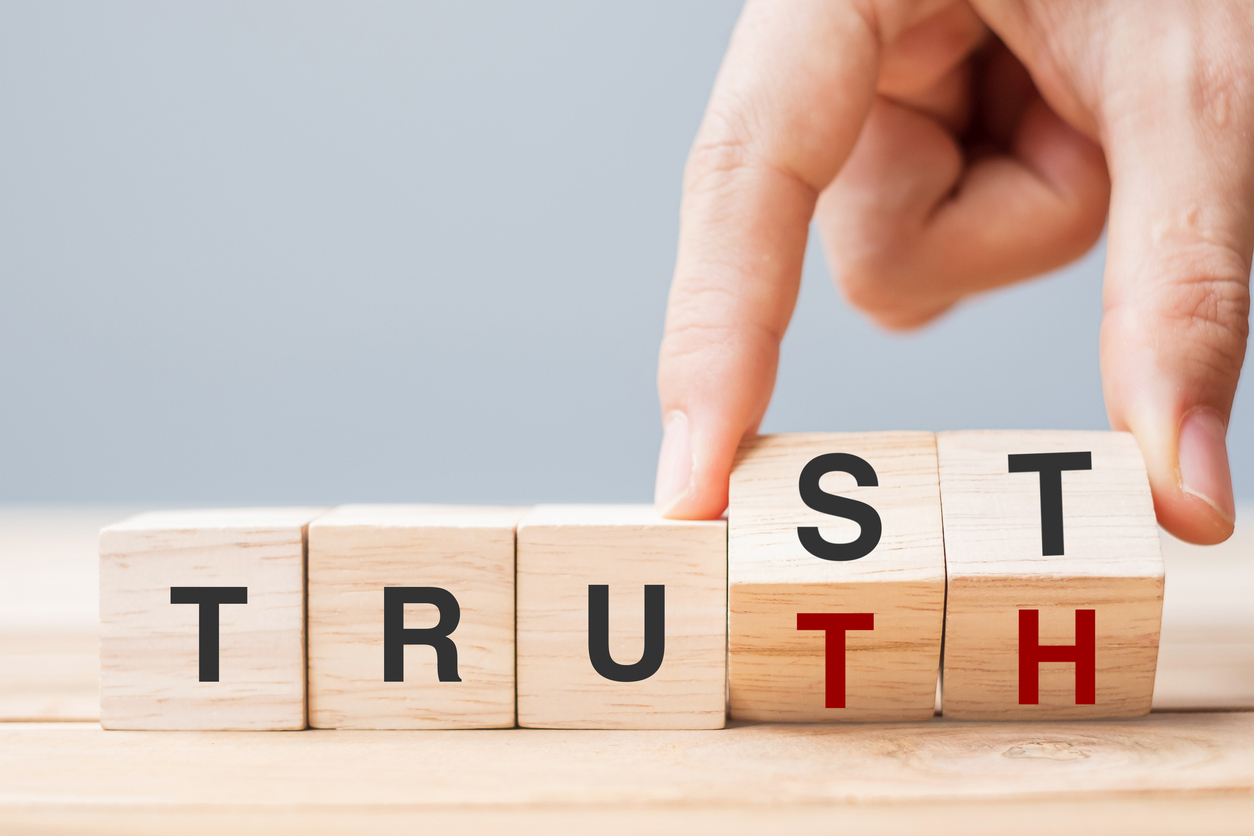Insurance companies denying hail damage claims are repeat players in the litigation arena. The lawyers and experts they choose to defend these denials are as well. This post will provide more insight and lessons as a grand finale to Policyholders and Public Adjusters Often Need to Hire Their Own Experts, and Policyholders and Public Adjusters Often Need to Hire Their Own Experts—Part Two.
Most policyholders find out they have hail damage to a roof when a water leak occurs in their home. Policyholders, even those working for the insurance industry, are not climbing up on their roofs after every hailstorm to determine the amount of damage that may have struck the roof. Even if they climbed up on the roof, risking their personal safety, few policyholders would be trained to discern the subtle details of hailstorm damage. I noted this truth in Arkansas Insurance Department Recognizes That Policyholders Do Not Normally Climb on Roofs To Inspect For Damage:
Can you imagine your 85-year-old grandmother or your uncoordinated friend who has never climbed a ladder going up on a slanted roof and inspecting it for wind or hail damage after a storm? Most insurance company lawyers argue the position that their client’s customers have to do this to satisfy the requirement that a loss must be reported ‘promptly.’
…
Most people do not report hail or windstorm damage until a leak occurs or they see their neighbors getting roofing companies out to fix roofs. Often, a homeowner starts wondering if they need to report a loss when water starts dripping from the ceiling on their head or questioning why everybody else is all of a sudden getting their roofs worked on by contractors. Then, they think to call their insurance agent to report a possible loss—they rarely take the dangerous step of climbing up a roof to find out what happened.
Even if they climbed up onto the roof, does anybody truly believe they know what to look for? HAAG Engineering suggests that insurance company adjusters are not qualified to do so unless they first get a special certification following classroom and field instruction.
The policyholders in the Chubb case noted in the two previous posts 1 were in a similar position—they noticed significant water damage. They did what they were supposed to do by reporting the loss to the insurance company. The insurance policy literally requires the policyholder to report loss or damage promptly. How can they report hailstorm damage until they know there has been damage? I noted that insurance agents are usually taught to report these losses in To Report or Not Report a Claim…A Potential Malpractice Problem for Agents.
In response, insurance companies start their investigation. Insurance companies typically hire the same experts repeatedly to determine the loss. I made this skeptical note 15 years ago in Adjusters Cannot in Good Faith Rely Upon Biased or Outcome Oriented Opinions:
Most insurance experts, regarding cause and amount of loss, are in the business of providing repeat opinions for insurance companies. If they give opinions that lead to a larger recovery than acceptable or appear to find ways to maximize the recovery for the policyholder, they are not hired again. Because insurance companies offer significant repeat and continuous business, many experts in the insurance business depend on insurance companies for their livelihood. The opinions of most insurance industry experts reflect the language of the policy to help the insurance company reduce the amount owed on claims. This is a major problem in the insurance adjustment culture, and most claims departments avoid the obvious implication.
Every now and then, an expert will jump sides and provide an honest and accurate opinion. I have retained a few with the understanding they could only do it quietly or on a very limited basis. This takes significant courage because the financial consequences are great–if found out by the wrong person, most would find they have been removed from the ‘approved’ lists found in the claims offices.
The only way to possibly challenge this set of circumstances is by hiring competent experts. Just as policyholders may challenge insurance company experts and their opinions, the insurance companies will challenge experts hired by the policyholder. The Chubb defense attorney effectively did this by filing a motion to exclude the policyholders’ experts’ opinions:
Plaintiffs designated an adjuster, Brandon Allen, to opine regarding exterior and interior damage to the home. On the morning of his deposition, Mr. Allen withdrew all of his opinions except as to the roof. Mr. Allen based his opinions on a snippet of internet weather information and conceded that he would defer to a professional meteorologist. A professional meteorologist demonstrated that no hail fell at the home on the date of loss selected by Mr. Allen. Mr. Allen also failed to rule out other causes of loss. His repair estimate is incompetent to demonstrate reasonable and necessary remedial repair costs.
Plaintiffs designated their public adjuster, Nick Halliday, to opine regarding wind and hail damage. Mr. Halliday guessed at a date of loss that is outside the policy period. He also failed to rule out other causes of loss. His repair estimate is incompetent to demonstrate reasonable and necessary repair costs.
…
In deposition, Mr. Allen, who has no background in meteorology, admitted that he didn’t know what the codes on the bottom of the map mean. He also admitted that he didn’t know which blue dot allegedly represented the 2” hail in relation to the black star representing Plaintiffs’ home. He did nothing to confirm that the black star accurately represented where the home was located. He admitted that the weather data was predictive and he had no weather data actually confirming hail on the alleged date of loss, August 16, 2021. Because Mr. Allen premised his opinions on a mere snippet of data he did not understand but which anybody can download from the Internet, he lacks a reliable basis of sufficient facts or data for his opinion regarding the date of loss and magnitude of hail, he lacks any sort of reliable methodology, and his opinions will not assist the jury.
In hailstorm damage cases, the policyholders should generally be prepared to hire competent experts who are fully provided with as much information as possible to determine the date and cause of loss as well as the amount of damages. Accordingly, there is usually an expert meteorologist regarding the wind and hail damage and confirming when those occurred, as well as a structural engineer or roofing expert with deep experience in hail-related damages to roofs and associated water leaks to the inside of the structure. Finally, there needs to be expert testimony on replacement cost and actual cash value damages.
The Chubb defense attorney knew that the policyholder did not establish a cohesive loss theory before filing suit or even during the litigation. He noted in one pleading:
Defendants note that Plaintiffs have been evasive throughout this case. Plaintiffs made misleading complaint allegations about the claimed date of loss and then, in deposition, testified that they could not identify a date of loss…. Plaintiffs’ first public adjuster chose a date of loss completely arbitrarily based on a generic news article from the internet. Plaintiffs’ second public adjuster (Mr. Allen) chose an entirely new date of loss for the alleged hail storm…Defendant’s retained meteorologist expert filed a scientific report demonstrating that there was no hail at Plaintiffs’ home on the date of loss alleged by the second public adjuster… If Plaintiffs, Plaintiffs’ counsel, and Mr. Allen are allowed to back out of this case and start all over with a new date of loss, years of written and oral discovery, experts, attorney work product, and attorney-client communications (no privilege waived) will be wasted at Defendant’s expense. Defendant’s defense of the case will be prejudiced by the expense and advocacy shift.
…Plaintiffs should not be allowed to re-plead or designate new experts. Plaintiffs should not be allowed to change their claimed date of loss from August 16, 2021.
It is hard to fully allege why an insurance company and its experts are wrong without another expert first explaining what is missed, mistaken, incomplete, or simply wrong. The best time to do this is before a lawsuit is filed. Without a cohesive explanation of a theory of loss and theory of coverage based upon policy language, the policyholder is set up for failure in a lawsuit. Chris Mammel discussed how important it is to hire proper experts and conduct due diligence in Pathways to Coverage.
Most coverage lawsuits eventually reach the summary judgment stage. At this stage, the parties must “put up” evidence proving their claims and defenses or “shut up.” If a policyholder wants to win a lawsuit, the best way to do this is to invest in determining whether a valid theory of loss exists before filing a lawsuit. Marshaling facts and obtaining opinions from qualified experts is an important first step that must be done. Why not do it sooner rather than later? Without a practical reason to file a lawsuit right away, why race to the courthouse?
Thought For The Day
“Success is where preparation and opportunity meet.”
—Bobby Unser
1 Cutchall v. Chubb Lloyd’s Ins. Co of Texas, No. 23-3745 (S.D. Tex. Dec. 31, 2024).




